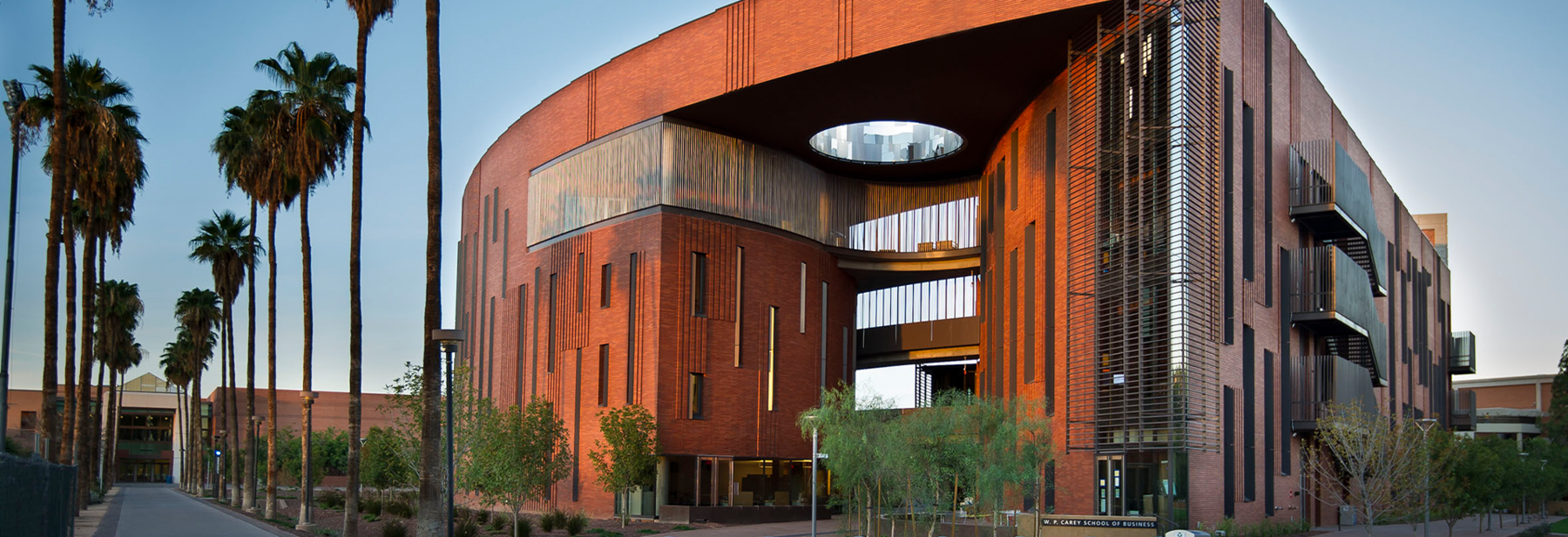
CSL’s Executive Director Emeritus Mary Jo Bitner Receives Honorary Doctorate
On October 25, the Hanken School of Economics in Helsinki, Finland conferred the CSL’s own Executive Director Emeritus Mary Jo Bitner an Honorary Doctor of Hanken for her contributions as a leader and pioneer in the development of the service discipline. I had the opportunity to conduct a phone interview with Mary Jo to discuss her recent honor as well as her esteemed career.
JL: Being a very accomplished individual, what does having been awarded this honorary doctorate mean to you?
“I was extremely honored. Receiving an honorary doctorate from another school is a big deal. Also, I was especially honored to receive it from Hanken School of Economics in Helsinki because they have a strong and long history of expertise in the area of services and relationship management. They are very well known and respected in this area, so being acknowledged by them was an honor.”
JL: What are some of the bigger changes you’ve seen among the service research community in the past three decades?
“We went from being a small, fledgling group of people to a large community spanning almost every continent in the world. We went from answering questions like ‘Why do we even need this area of research?’ where we had to defend ourselves in the beginning, to now where almost anything can be thought of in the service context. Service marketing, service management, service research, etc. have very broad relevance at this point.”
“The topics and things that we’ve been looking at over the last 40 years in service research have changed. The research outlets are much more numerous and are more rigorous as well as sophisticated. It’s really exciting to look back and then to think about the future as well. To ask ourselves ‘We’ve come this far, where do we go next?’”
JL: What do you believe has been your biggest influence in terms of the service research community?
“I did some of the really early research on service encounters, customer satisfaction, servicescapes, as well as work with colleagues on self-service technologies and service blueprinting. Those areas have spawned so much research. That’s one kind of influence and something I am very proud to have been part of.”
“Helping the field develop, legitimizing the research, and mentoring young faculty and PhD students as well as MBA students-this is a different kind of influence that goes beyond specific research projects. I think it’s that kind of influence on people and the trajectory of our field that I’ve enjoyed most.”
JL: If you could offer any advice to up-and-coming service researchers on how to ensure their research has potential for impact, what advice would that be?
“One thing I would say is, and this is harder than it sounds: focus on real world challenges and issues. Look for what you might be able to do to help somebody. It could be helping business or solving a business issue but it can also be helping society or making things better for consumers.”
“Collaborate with others. Recognize that many of these big challenges will never be solved by one piece of research, one person, or even one discipline. Work with people and talk to stakeholders, whether they be businesses, consumers or governments, to really understand their ideas and their challenges.”
JL: Is there anything else you’d like to say about being conferred an Honorary Doctor from Hanken?
“I would just like to say a huge ‘thank you’ to Hanken School of Economics and the faculty there. Incredible people. I was really, really honored to have received that from such a remarkable group.”
To read the Hanken School of Economics’ blog on Mary Jo receiving her honorary doctorate, go to the Hanken School website at this link.